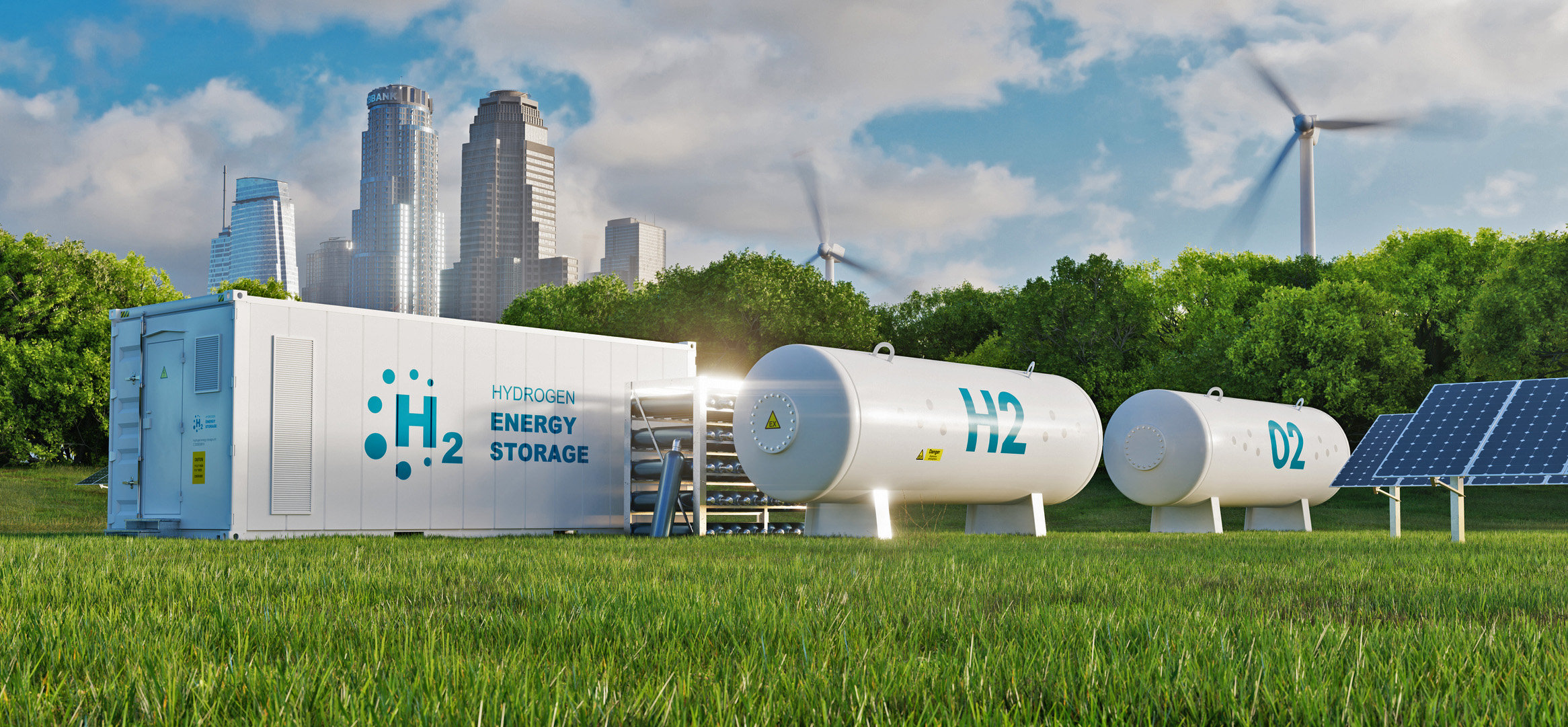
Hedge Fund Chief Calls Hydrogen Bets a "Waste of Time" for Investors
Posted 12/09/2023 11:54
Barry Norris, founder and CIO of UK hedge fund Argonaut Capital Partners, has criticized hydrogen investments, stating that they are currently a "complete waste of time" for investors seeking returns in the near future. Norris expressed skepticism regarding the business models of many hydrogen companies and has taken short positions on some of them. However, he did not disclose the specific companies involved.
Hydrogen has been a contentious topic in the green technology sector, with differing opinions on its viability. While some see it as a crucial component in reducing greenhouse gas emissions, others view it as overpriced and overhyped. Investors in hydrogen are currently awaiting detailed guidance on how to leverage subsidies provided by the US Inflation Reduction Act.
Hydrogen, as a clean energy source, has the potential to generate power with minimal CO2 emissions. However, it requires extraction methods, some of which are cleaner than others. Green hydrogen, produced using electrolysis powered by renewable energy, is considered the cleanest method but is costly. The challenges of hydrogen include storage and transportation for practical use, especially in vehicles.
Norris pointed out that building the electrolyzer for hydrogen production involves significant capital costs. To recoup this investment, high capacity utilization is necessary, requiring a stable and consistent power source for electrolysis.
According to analysts at BloombergNEF, there has been a 58% increase in low-carbon hydrogen project announcements in the year since the US Inflation Reduction Act was enacted. However, Norris believes that only hydrogen produced from fossil fuels, hydro, or nuclear energy is "remotely competitive in terms of cost."
While other governments have announced substantial subsidies for low-carbon hydrogen, some experts, like Ian Simm, CEO of Impax Asset Management, remain cautious about hydrogen's short-term prospects. Simm believes there is still "significant uncertainty" about how the subsidies will work in practice.
In the short term, hydrogen stocks have faced challenges, with valuations dropping. However, Simm is bullish about hydrogen with a 10-to-15-year horizon, especially for decarbonizing industrial heat. The key obstacle at present, according to Simm, is the limited visibility of scalable and clear business models for hydrogen companies, many of which focus on electrolysis.
Norris concurred with the skepticism, stating that hydrogen powered by renewables might not be financially viable due to low capacity utilization. He argued that if electrolyzers are powered by wind and solar energy, their capacity utilization would be similar to that of wind and solar power, which is typically 30% to 40%. This, he believes, would make hydrogen cost-inefficient as an alternative energy source.








